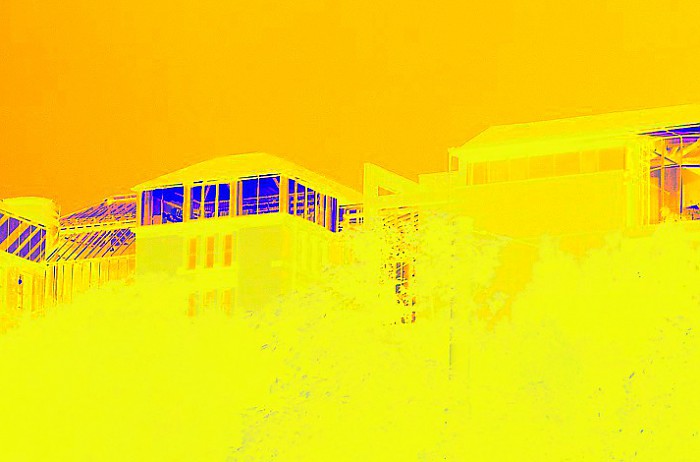

Digital exhibitions
The exhibitions can be experienced virtually from the comfort of your own home, using a PC, tablet or smartphone. It is possible to navigate freely through all areas, look around in detail and also read the exhibition texts. Not only in the emergency times of a pandemic, exhibitions can also be visited by those who do not have the opportunity to travel to Kassel.
Here you can find the first digital exhibitions! May they increase in number.
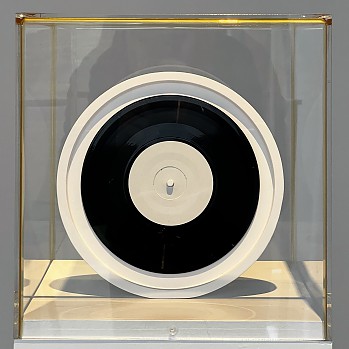
3D exhibition: 18072013
As part of the final exhibition 2023 at the Kunsthochschule Kassel, artist Andreia Bickenbach is presenting her work entitled 18072013. The exhibition comprises a multimedia sound installation through which Bickenbach explores mortality and often harrowing loss.
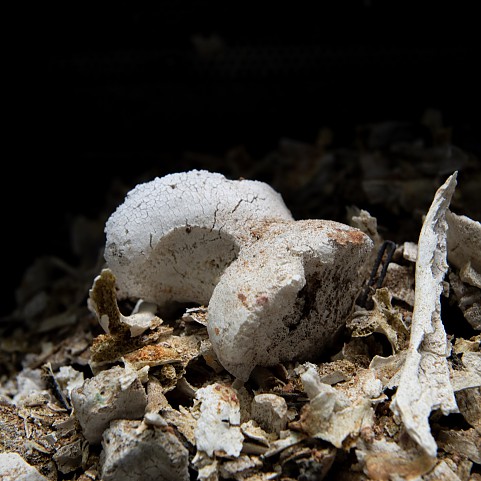
© Tina Ruisinger
3D-exhibition: What remains of the end
The exhibition includes photographs by the artist Tina Ruisinger. They show us what remains of the human body after cremation. There are sensitive images of 50 human ashes as well as large-format portraits of objects that usually had a medical use for the deceased during their lifetime.
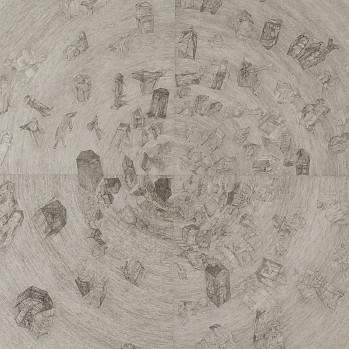
3D exhibition: MAHLSTROM
The exhibition comprises selected works by the painter and sculptor Adolf Buchleiter. Inspired by the Norwegian tidal current Mahlstrom, Buchleiter created the oversized triptych of drawings entitled "Paradise is a polonaise". Anyone standing in front of it is challenged: You can't help but want to look very closely. The finest strokes, schematic repetitions and meticulous hatching in pencil and ink are combined over months of work to create monumental works. In his "Soldatenspiele" series, on the other hand, he processed the war experiences he had to gather as a teenager. It consists of 20 photographs that he developed himself and drew over with graphite, colored pencil and ballpoint pen.
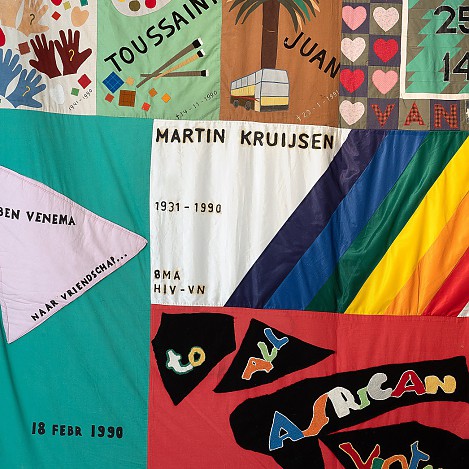
3D-exhibition: Consolation – Tracing A Human Need
The exhibition illuminates the phenomenon of consolation from various cultural, religious and artistic perspectives and reflects on how we can confront experiences of loss and the pain associated with them. Religious rituals and concepts give hope and support to both the dying and the bereaved. But people have also always sought and found comfort in literature, music, in nature and encounters with animals, or in mementos. Human togetherness, comforting conversations, closeness, and community often help to alleviate suffering.
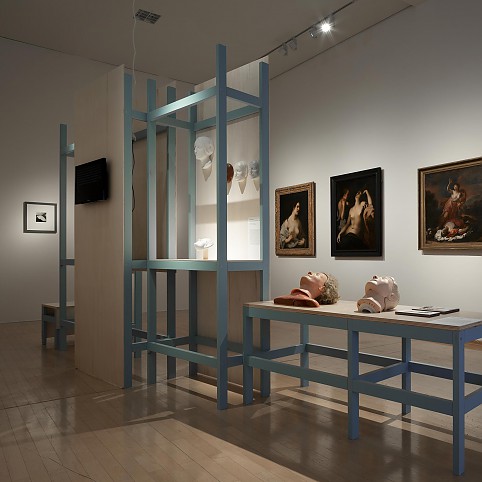
3D-Exhibition: Suizid – Let's talk about it!
Suicide and suicidality are common, but kept silent and stigmatized topics in society. The exhibition presents information, suggestions, challenges and opportunities that reflect a social and personal approach to suicide. With a view to the history of art and culture, humanities and social sciences, and medicine, but above all to the here and now, our goal is to promote public communication on suicide.
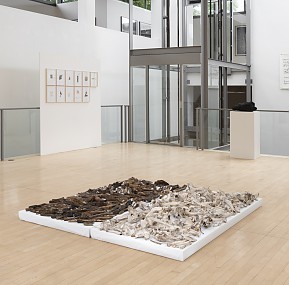
3D Exhibition: herman de vries – vergehen
In the work of the internationally renowned artist herman de vries (born 1931 in Alkmaar/NL), chance, change and the permanent transformation of all being are central. Since the 1950s he has experimented with drawings, painting, installations, publications and increasingly with natural materials, whose transience he exhibits. "chance and change" herman de vries sees as the framework of his life, from which he can never step out. The exhibition "vergehen" ("passing") also marks the artists' 90th birthday.
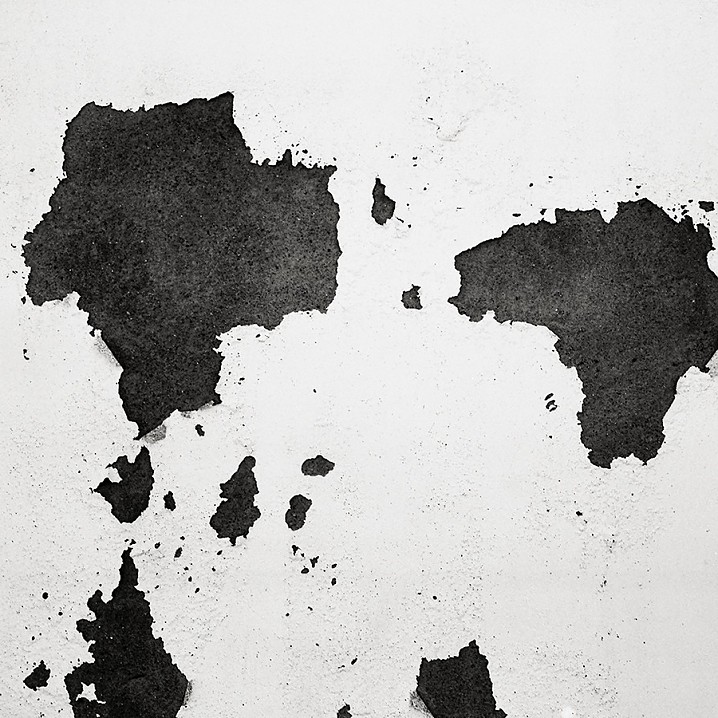
3D Exhibition: Daniel Tchetchik – Dark Waters
Nobody knows how many people die in the dangerous flight to Europe. The Mediterranean Sea in particular has become a grave for thousands upon thousands of victims, which often remain nameless. Accompanied by narratives of refugees, Daniel Tchetchik's photo series Dark Waters tells a story that exceeds the documentation of the refugee crisis. In metaphorical images, he directs his attention to the ominous testimony of the Mediterranean Sea. These photographs have been on display in the exhibition "Dark Waters".
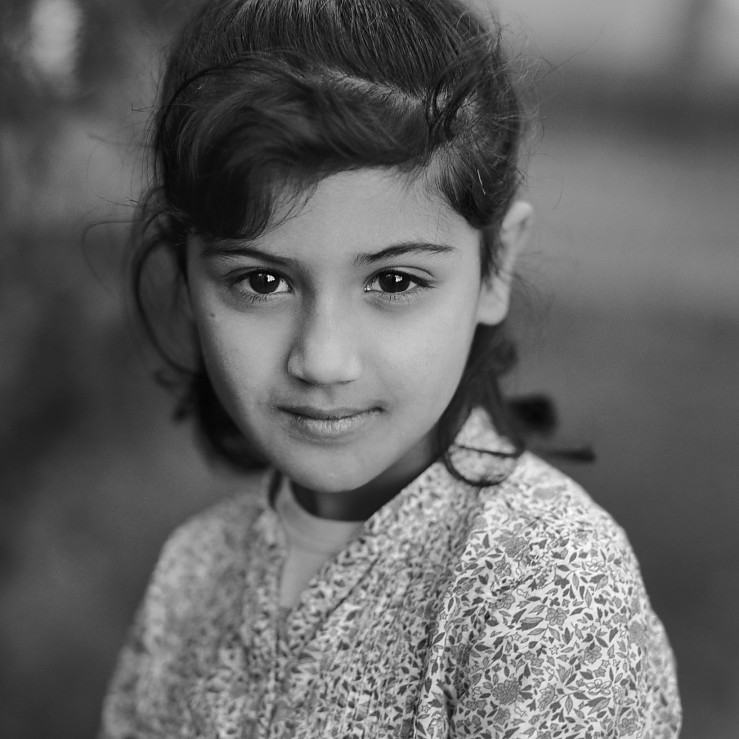
3D Exhibition: Edith Held – Neue Welt
Who experiences current history intensively in an unbiased way? Who tells the story honestly and is authentic in his or her description? How can we describe what is happening in the world more vividly than through children? More than 100 children from Berlin refugee homes were portrayed for the photo project NEUE WELT. The stories and faces of some of them could be encountered in the exhibition "Neue Welt" ("New World").
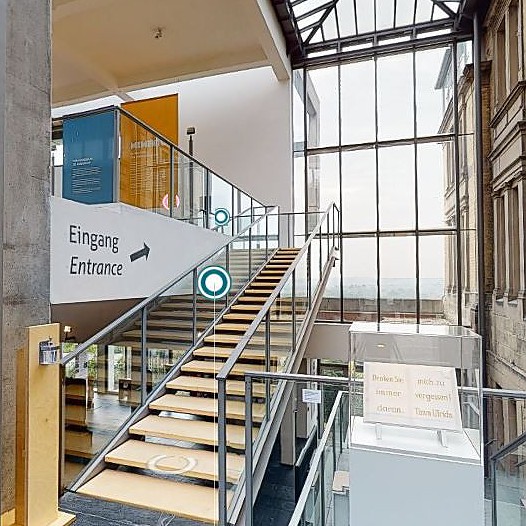
3D Exhibition: MEMENTO – In The Force Field of Memories
With its current exhibition MEMENTO – The Force Field Of Memories the Museum for Sepulchral Culture is taking new ways in times of a global pandemic. The exhibition was digitized with photographic 360° shots and an inclusive 3D scan and prepared for a virtual tour – barrier-free and accessible online by everyone.
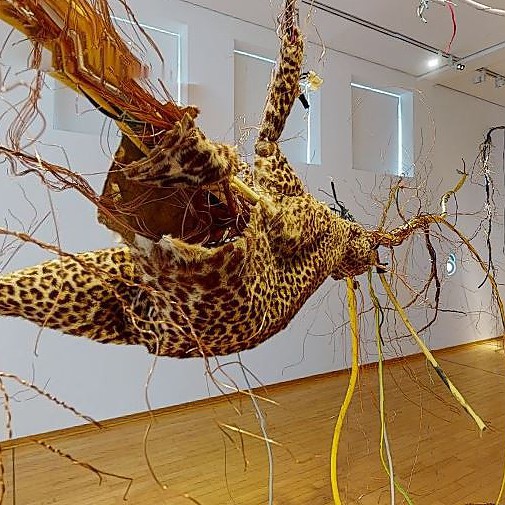
3D Exhibition: Marco Di Carlo – Zernetzung
In everything our world is networked. We live on one planet and experience how fruitful and at the same time unpredictable global exchange is. Flora and fauna, water, air, oceans, climate and of course people and their goods circulate; and this – as has been the case for centuries – is also accompanied by pathogens. Under the title "Zernetzung" the artist spreads his interconnected and at the same time dissolving works in the museum.
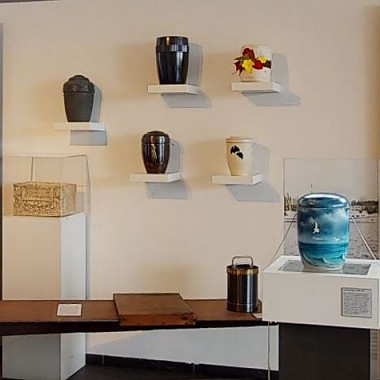
3D Exhibition: Permanent exhibition
Our permanent exhibition is now online! It contains a lot of additional information, such as short videos on individual thematic areas or the favorite objects of our team. Just use the stairs to enter the basement or 2nd floor. The ground floor and 1st floor contain the special exhibition "MEMENTO".
Digital Guided Tours
To give you the opportunity to get to know the permanent presentation and special exhibitions better even during the time when the Museum of Sepulchral Culture has to remain closed, we offer online guided tours. You book an appointment on which the virtual museum tour will be transmitted via Cisco Webex Meetings. We will send you a corresponding link in advance. You log in and can participate in the tour from home or from the classroom via your internet browser. The staff will stream the digital content during the tour and guide you through the exhibition areas.
We look forward to meeting you!
Registration & Questions
Museum für Sepulkralkultur
Telefon: 0561 / 918 93 15
Fax: 0561 / 918 93 10
Weinbergstraße 25-27
34117 Kassel
Tour Fees
The duration of the digital tours is 60 minutes.
A quick guide on how to sign up for a meeting on WebEx can be found at
>> here (PDF) German.
Weekdays | |
| Regular | 75 € |
| Reduced | 40 € |
Weekend and Holidays | |
| Regular | 90 € |
| Reduced | 62 € |
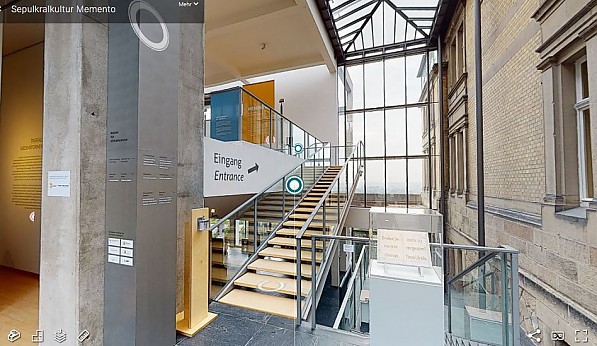
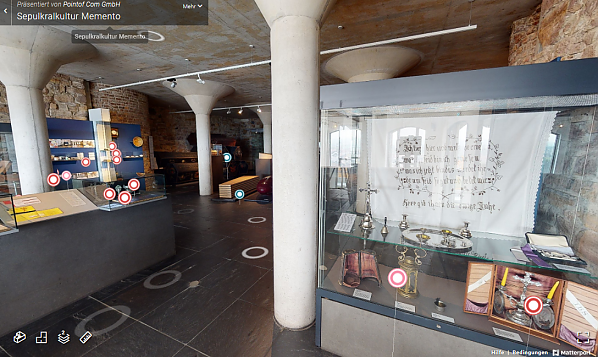
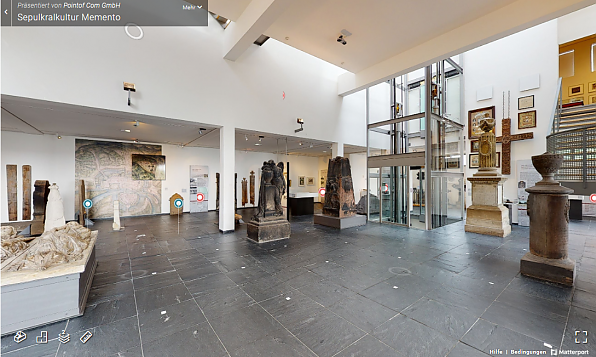
Discover Digitally
We film, post and create 3D tours to the max. With the Kunsthochschule Kassel we even develop our own game! In short, we are digitizing to make the museum a place that can be reached anytime and anywhere and that allows as many people as possible to participate in our collection, exhibitions and research. Even if nothing can ever replace the physical experience in the museum and face to face with the objects.
Here you will find a quick overview of projects and contents that are digitally accessible or that extend the digitalization in our museum.
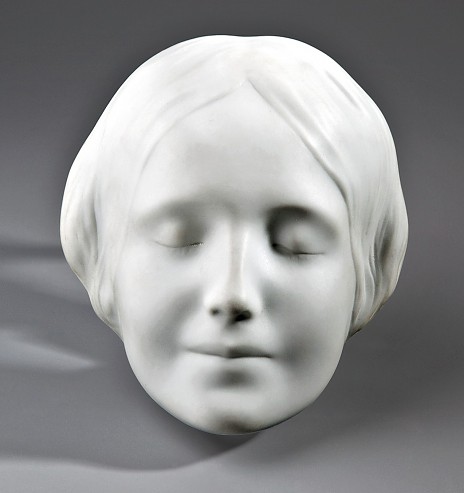
The museum via German Digital Library
The Deutsche Digitale Bibliothek (DDB – German Digital Library) makes it possible for all users to access the digitised cultural and scientific heritage of Germany. To this end, the DDB cooperates with hundreds of cultural and knowledge institutions – archives, libraries, museums, institutions for the preservation of historical monuments and research institutions – whose holdings and collections are made visible online by the DDB. In the meantime, millions of objects from all cultural sectors and all genres are researchable free of charge via the DDB’s search function.
We are also represented there with our stocks and continuously upload data!
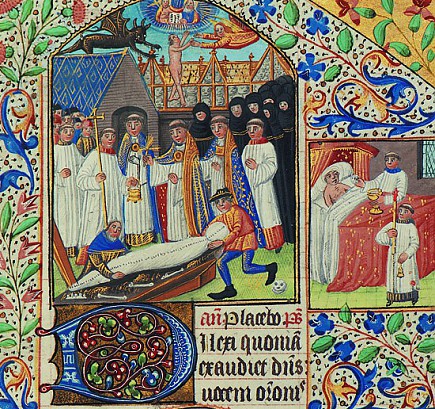
Our collection on museum-digital
museum-digital is a platform on which museums throughout Germany and internationally can digitize their collections.
Objects of various kinds are linked with each other through multiple references and made easily accessible to the public and research in order to illustrate connections and make them easier to find.
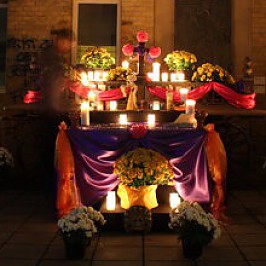
Día de los Muertos
In 2021, everything is different: Due to the ongoing Covid 19 pandemic, the Día de los Muertos cannot take place at the museum as usual with dance and music and numerous guests and artists. Instead, this year there will be a comprehensive digital program with workshops, video tutorials and events. There will also be an art competition and the usual art exhibition will take place digitally. This year, the theme of "Suicide" is the focus of the Totenfest, because currently the museum is hosting the special exhibition "Suizid – Let's talk about it!".
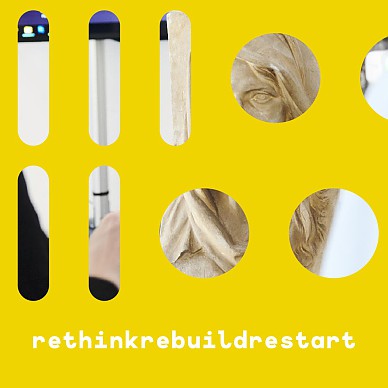
Project: Rethink, Rebuild, Restart!
Allway having in mind, that the museum will face a redesign, we would like to invite everyone to participate in the new permanent exhibition and create a place that is relevant to as many people as possible. To this end, we are now developing a digital-analogue platform and a game with which the house can be explored and shaped also without a visit here.
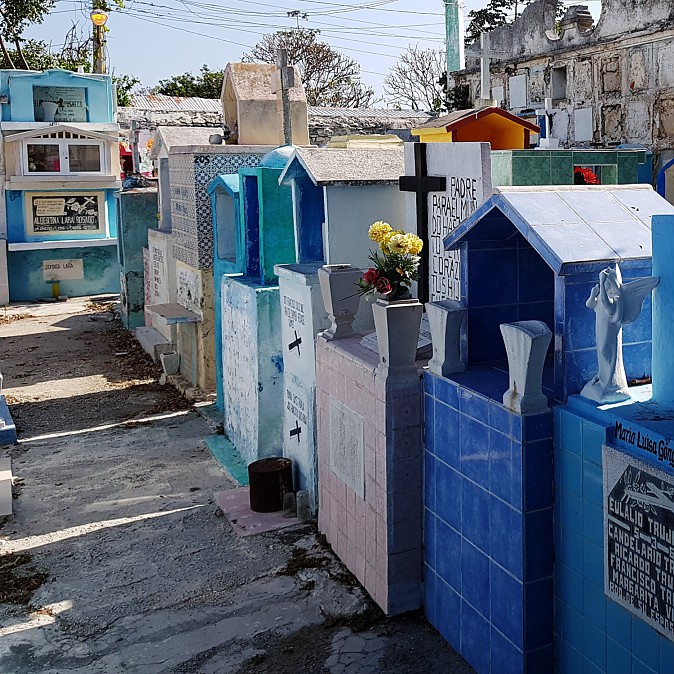
Cemeteries from all over the world
We travel all over the world and report on the funeral and cemetery culture of countries, religions and cultures. The photo journeys are selected for their special topicality or special features. The collections shown here are intended to document transformative processes and continued traditions. The photographs and travelogues thus provide an insight into the diversity of the sepulchral culture.
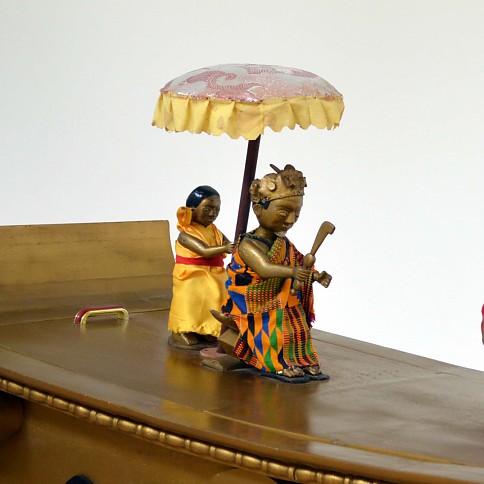
Insights into our collection
Objects are the heart of the museum and this also applies to our collection. Treasures from the magazine, new additions or curiosities now have the opportunity here to present themselves digitally and reveal something of their history. At the same time, visitors can also participate in the research with and around our collection from home.
Digital Events
This year, 2020, we all had to get to know a new type of event – online! Meetings, exhibitions, concerts take place on the Internet, without physical presence; but (mostly) live and in color.
We too have moved some of our events to the virtual world. Here you can keep up to date on dates or permanently available streams.
Zur Zeit sind keine Online-Events geplant. (Was bedeutet, dass Sie uns vor Ort Gesellschaft bei unseren Veranstaltungen leisten können!)
Mediathek
Off-site or at the Museum of Sepulchral Culture: lectures or corona bridging measures in video format are currently popular. More videos, for example of exhibition openings, can also be found in the exhibition and event archive.
Here you will find videos across the subject area of the house.
ZDF
Rules for grave design - GesTalk with Dirk Pörschman
Volle Kanne
Film and theater actor Max Simonischek is a guest of Florian Weiss. Also: Rules for grave design - conversation with Dirk Pörschmann; Birthday party for the pet; Mud kitchen for children – tips from Mick Wewers; Invictus Games and much more. Our contribution from minute 3!
15. September 2023
>> Link to the contribution
(The video cannot be embedded. Please follow the link to the above).
WDR
Patchwork at the cemetery – How we want to lie down
WDR 5 | Lebenszeichen
We will all end up somewhere – in an ash capsule on a tree, on a scattered field or classically in a coffin in a double grave with a partner, but perhaps also with friends and former life partners: Many things are now possible in cemeteries.
20. August 2023
>> Link to the contribution
(The video cannot be embedded. Please follow the link to the above).
SAT.1 reports
Exhibition on "consolation" in Kassel
SAT.1 Hessen, Kultur
SAT.1 reports on the exhibition in Kassel in a video report. "When people experience something painful, they need one thing above all: comfort. And an exhibition at the Museum for Seüulchral Culture is now dedicated to this. The reasons why people need consolation are manifold: The toddler who falls down. The end of a love affair. An accident."(www.1730live.de)
20. April 2023
>> zur Webseite des SAT.1
(Das Video kann nicht eingebettet werden. Bitte folgen Sie dem Link zum oben genannten Beitrag.)
Exhibition in Kassel
Why we need consolation
WDR
Consolation has a bad reputation. Unjustly so, says philosopher Jean-Pierre Wils. He has written a book about it: "Why we need consolation". A conversation about grief and loss, about turning points and upheavals in life. The exhibition "Consolation – On The Traces Of A Human Need" opened on March 31st, 2023.
07. April 2023
>> to the website of the WDR
(The video cannot be embedded. Please follow the link to the above and other exciting contributions on the topic of death and from our museum).
"Celebrating Easter gives me courage"
Beate Hofmann interviewed about Easter
Evangelical Church of Kurhessen-Waldeck
Kassel. What is celebrated at Easter, why the feast is still important today and what does Easter mean to the bishop personally? – Beate Hofmann explores these questions in a video interview. She has chosen the Museum for Sepulchral Culture in Kassel as a special place to do so. The special exhibition "Consolation – On The Traces Of A Human Need" is currently on display there.
09. April 2023
Funeral rituals
How do we deal with our deceased?
Planet Wissen
Dying and death are unpleasant topics that we like to push away. This is also reflected in our funeral culture. The trend is toward simple burial, often anonymous, preferably without major follow-up costs and obligations. Coping with grief is often neglected in the process. Planet Wissen asks: How did previous generations and other cultures say goodbye to their deceased? How important is saying goodbye to the dead for those left behind? And what does our treatment of the dead say about ourselves?
13. March 2023
>> to the website Planet Wissen
(The video cannot be embedded. Please follow the link to the above and other exciting contributions on the topic of death and from our museum).
The orphaned mother
Help after the suicide of a child
SWR | Mensch Leute
Around 10,000 people take their own lives in Germany every year. Heike Frohnhöfer lost her son Jan seven years ago and still fights against exclusion and taboos after a suicide. She shows us how she helps herself and others through the difficult time and also goes through the exhibition in the Museum for Sepulchral Culture.
05. December 2022
Medicine transparent
Over my dead body
Mediathek Hessen
Roundtable discussion on palliative care and mourning with experts Dr. Nina-Kristin Eulitz, Dr. Dirk Pörschmann, Jürgen Dahlfeld, Sabine and Susanne Weingardt and Dr. Stefan Pollmächer. Dr. Markus Schimmelpfennig moderates the panel.
28. October 2022
The Clockwork Of Life
The History Of Death
ARTE Mediathek | History
No one knows what happens after death. But the question is as old as mankind itself. It is a central motif of every culture. How do people say goodbye to their deceased? How are they remembered? What ideas lie behind the way we deal with death? And how have these ideas changed over the millennia?
31. October 2022
Keynote by Dr. Dirk Pörschmann
Art and suicidality
NaSPro Symposium
Dr. Dirk Pörschmann speaks at this year's symposium of the National Suicide Prevention Program Germany about the special exhibition "Suizid – Let's talk about it!" and also about how art can be a vehicle to deal with suicidality or loss through suicide.
05. September 2022
International Symposium
"Suizid – Let's talk about it!"
Museum for Sepulchral Culture | University of Kassel
Lectures by international scientists and panelists from various professional groups and voluntary work accompanied the day and discussed various aspects of suicide and suicidality with the audience. In the event archive you will find the conference program.
28. January 2022
"Suizid – Let's talk about it!"
Death Slam!
Museum for Sepulchral Culture | FUNUS Foundation
The DeathSlam is a performance competition in which self-written texts dealing with death are recited to an audience within a certain time. The audience chooses the winner of the competition through lively applause. On October 01, 2021, starting at 7 p.m., you can watch and listen to eight young slammers live online.
01. October 2021
"Suizid – Let's talk about it!"
Self-determined to the end?!
Fall forum of the APPH | Museum for Sepulchral Culture
The Academy for Palliative Medicine, Palliative Care and Hospice Work North Hesse (APPH e.V.) is an association of like-minded people who care about spreading the idea of hospice and improving palliative care. In addition to regular education, training and continuing education courses, the Autumn Forum takes place once a year with changing focus topics.
22. September 2021
DEADLINE
Artistic Creation in the Face of Finiteness
Lehmbruck Museum | Lehmbruck Lecture Online
Until May, 23th 2021 the Lehmbruckmuseum in Duisburg shows an exhibition of the German sculptor Stephan Balkenhol, who also had a solo exhibition with us in 2019.
Under the title "DEADLINE – Artistic Creation in the Face of Finiteness" our director Dr. Dirk Pörschmann therefore spoke at the Lehmbruckmuseum in April 2021.
22. October 2020 to 23. May 2021
Dying in Times of Covid-19
A Conversation About Cultures of Farewell Between Religions and Professions
Justitia et Pax | Talk
The Muslim theologian and Jun-prof. Dr. Muna Tartari, the General Secretary of the Volksbund Deutsche Kriegsgräberfürsorge e.V., Daniela Schily, the social ethicist and Catholic theologian Prof. Dr. Andreas Lob-Hüdepohl and the gerontologist Prof. Dr. Andreas Kruse discussed, how the Covid-19 pandemic is changing our lives, our dying and mourning.
17. November 2020
Audiothek
Interviews, podcasts, self-produced or interesting contributions from others, which deal with the topic of our finiteness – here we collect material from the last two years around the sepulchral culture and the only museum for that issue in the world!
Here you will find recordings across the thematic field of the museum.
Podcast
Dirk Pörschmann: The cemetery is the place for our deceased
hr2 Kultur
We dream of eternal youth, but at the same time we know that the brother of sleep is not so easy to get rid of. Cemeteries, funerals or even rituals to rituals to deal with mourning, are and have been mirrors in all cultures cultures, are and have been mirrors for people's dealings with the deceased and with death itself.
17. September 2023
On holiday
Arguments can never comfort
hr2 Kultur
What exactly is consolation and what happens in the process of consolation? What sources of consolation are available to us? Dirk Pörschmann is a guest on hr2-kultur on the day that in our culture is most strongly associated with death, mourning and the search for consolation, Good Friday.
07. April 2023
Lying in state of Benedikt XVI.
Too much death for the public?
DLF Kultur | Fazit
There is a debate about the laid out former pope. Is it impious to show the dead Joseph Ratzinger so publicly? No, says Dirk Pörschmann, director of the Museum for Sepulchral Culture, seeing the corpse helps to say goodbye.
04. January 2023
Let's talk about ... Suicide!
open consultation hours at the museum
Hessenschau | Kultur
Whether in the family or among friends: Suicidal thoughts are a taboo subject. Students at the University of Kassel want to change that: They offer visitors to an exhibition the opportunity to talk about their worries. That goes well. Interview with suicide researcher Hannah Müller-Pein from the University of Kassel.
10. January 2022
God and the World
Interview with the suicidologist Reinhard Lindner
NDR Info | Kirche im NDR
Radio pastor Susanne Richter interviews Reinhard Lindner: He is a doctor, psychotherapist and one of the chairmen of the German Society for Suicide Prevention. Why is suicide such a big taboo in our country? What helps against suicidal tendencies? How can faith help? And: How do you feel when, as a suicidologist, you always have to deal with this difficult topic?
07. January 2022
About the museum
The Omnipresence of Death Awakens the Spirit of Life
DLF Kultur | Talk
Art historian Dirk Pörschmann heads the Museum für Sepulkralkultur in Kassel. Exhibitions all about death can be seen there. But dance parties and children's birthdays are also celebrated. Now there is a special exhibition on the subject of suicide.
28. October 2021
Interview with Dr. Dirk Pörschmann
"Suizid – Let's talk about it!"
DOMRADIO | Der Tag
Today, September 10, is World Suicide Prevention Day. To mark the occasion, a new special exhibition on suicide opens today at the Museum für Sepulkralkultur in Kassel, Germany: "Suizid – Let's talk about it!!".
10. September 2021
Upcoming exhibition
How to exhibit suicide?
Uni Kassel | Podcast
On September 10th the Museum for Sepulchral Culture opens its special exhibition "Suizid – Let's talk about it!". The aim is to de-taboo the topic and thus also facilitate prevention. A scientist from the University of Kassel and his students are and were involved.
27. August 2021
Politics and Ethics
The Debate on Self-Determined Dying
DLF | Zur Diskussion
In 2020, the Federal Constitutional Court overturned the controversial Paragraph 217 banning assisted suicide, which has been in the Criminal Code since 2015. We showed an exhibition on the topic of Suicide in 2021/22, which also focused on these developments, among other things.
03. February 2021
Sepulchral Culture. A contribution from Angelika Thomé
Tabu Tod
Radio 100,7
The series adresses death, dying, mourning and remembrance from a medical, psychological, cultural and art historical perspective, among others. Today with Dr. Dirk Pörschmann at the Museum for Sepulchral Culture.
19. September 202
Arbeitsgemeinschaft Friedhof und Denkmal e.V.
Zentralinstitut für Sepulkralkultur
Museum für Sepulkralkultur
Weinbergstraße 25–27
D-34117 Kassel | Germany
Tel. +49 (0)561 918 93-0
info@sepulkralmuseum.de









